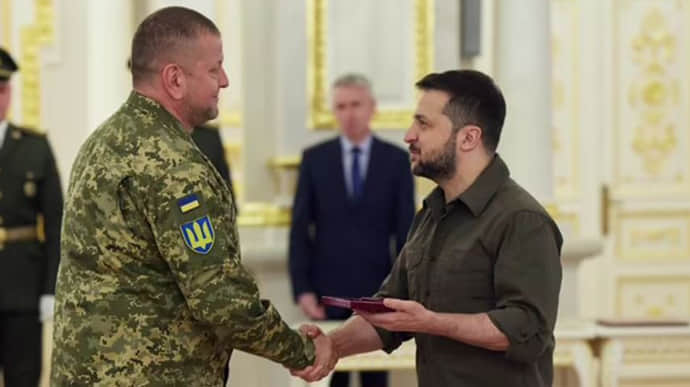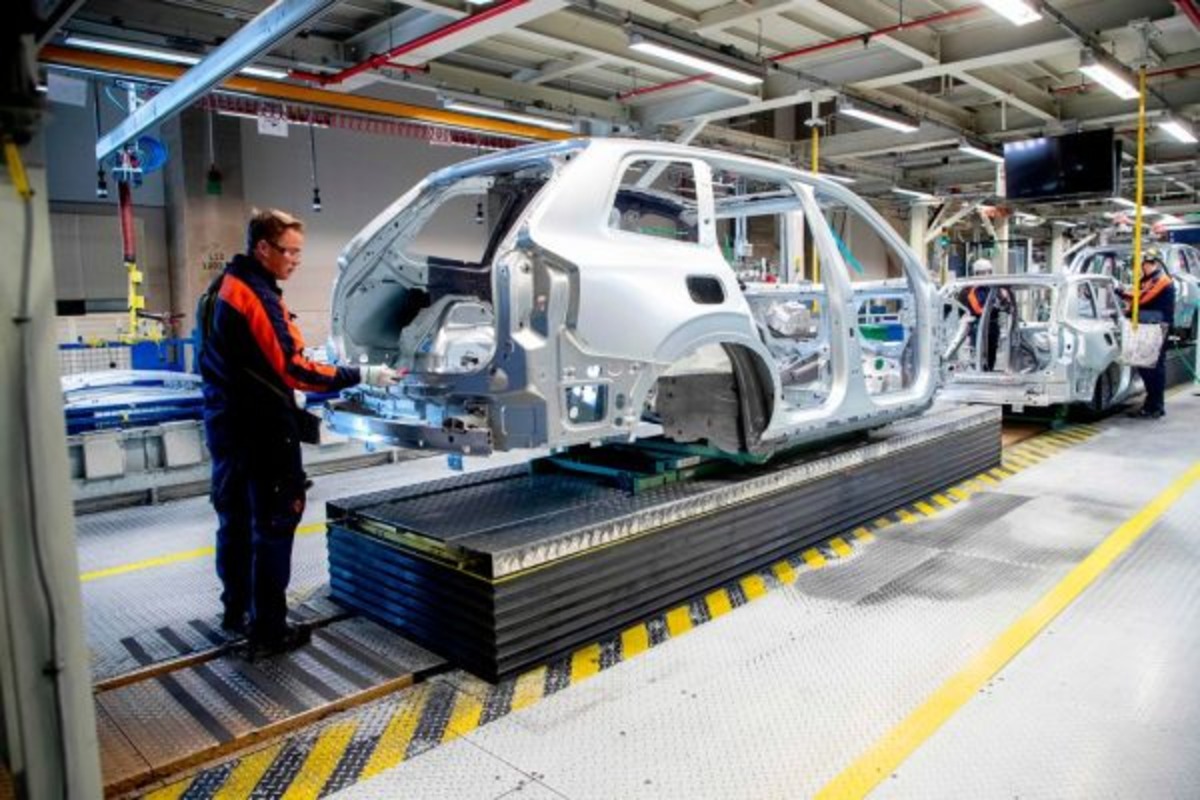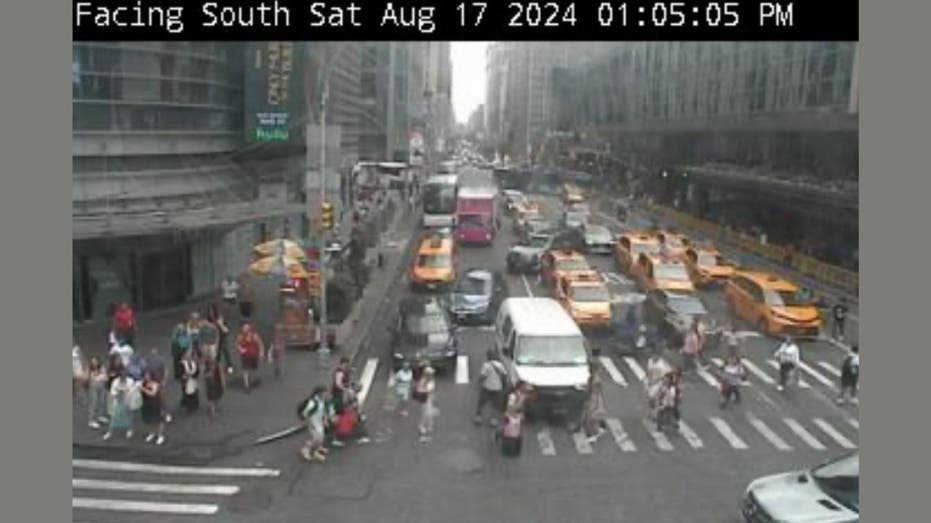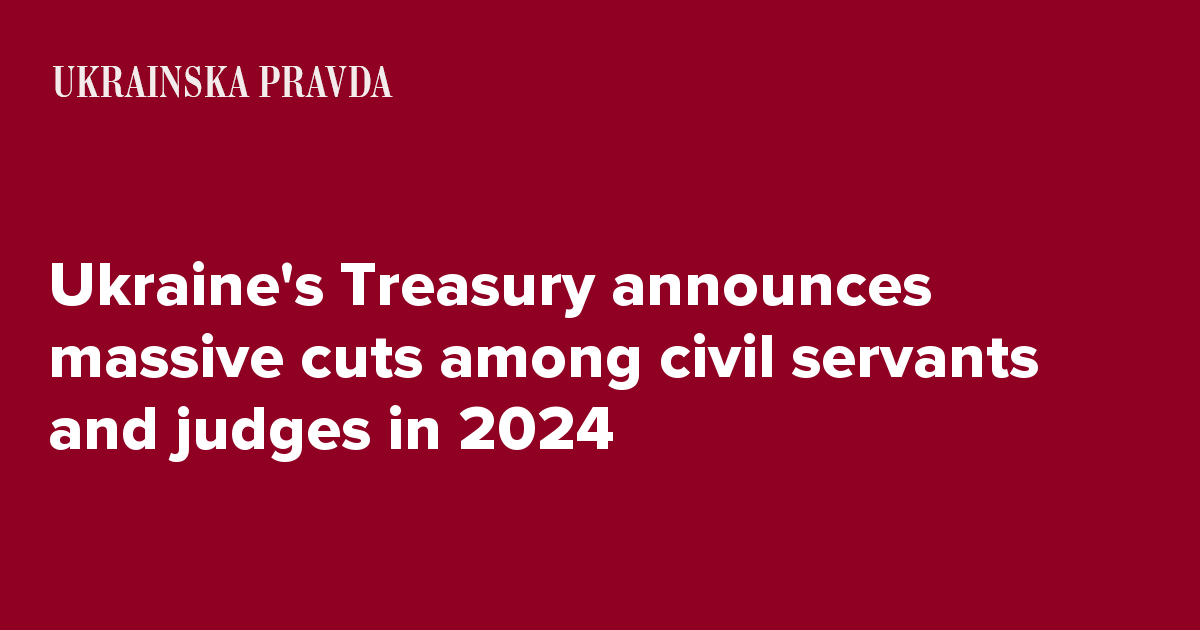Zelenskyy communicates with commanders bypassing Zaluzhnyi – Ukrainska Pravda sources
Sources close to Ukrainska Pravda claim that Supreme Commander-in-Chief Volodymyr Zelenskyy communicates with some commanders of the Armed Forces of Ukraine, avoiding Commander-in-Chief Valerii Zaluzhnyi and preventing him from holding overall command of the army.

Sources close to Ukrainska Pravda claim that Supreme Commander-in-Chief Volodymyr Zelenskyy communicates with some commanders of the Armed Forces of Ukraine, avoiding Commander-in-Chief Valerii Zaluzhnyi and preventing him from holding overall command of the army.
Source: War versus politics. What goes on between Zelenskyy and Zaluzhnyi, an article by Ukrainska Pravda
Quote from a source from Zaluzhnyi's inner circle: "You see, sometimes there is an impression that Zelenskyy has two types of the Armed Forces: the ‘good ones’, commanded by Syrskyi and other favourites, and ‘bad ones’, which are subordinate to Zaluzhnyi. It is very demotivating for the Commander-in-Chief and, most crucially, it prevents him from commanding the entire army."
Details: It is claimed that Zelenskyy in fact established parallel channels for communication, avoiding Zaluzhnyi, with the commanders of different branches of the army.
For instance, with Air Force Commander Mykola Oleshchuk and Ground Force Commander Oleksandr Syrskyi.
Direct communication with commanders accelerates the president's work, but it also ousts the Commander-in-Chief of the Armed Forces, who gets some information from his formal subordinates, if any at all.
A loud media story about the purge among the military enlistment officers was another example of Zelenskyy's political behaviour. Following an investigation by Ukrainska Pravda regarding the exceptional enrichment of the Odesa military enlistment officer during the war, the president ordered the removal of all heads of territorial recruitment and social support centres and a conditional assessment.
Quote: "Head of the State Bureau of Investigation Sukhachov came to a meeting of the Supreme Commander-in-Chief's Staff in the summer and began to report how cool it was to fire military enlistment officers. And after him, they gave the floor to Zaluzhnyi, who trashed him exquisitely: ‘I want to thank the law enforcement officers, and the topic of corruption is important. But I also want to announce the latest data on mobilisation. And there is a sharp drop in all areas’," says one of the participants in that meeting on condition of anonymity.
That is, what, from a political point of view, looked like a quick and decisive fulfilment of society's demand for justice, in fact, had complex consequences from the point of view of the military.
Changes in personnel can have a comparable impact as the dismissal of Special Operations Forces Commander Khorenko, Medical Forces Commander Ostashchenko, or the potential resignation of Joint Forces Commander Naiev.
The dismissal of all these military personnel from Commander-in-Chief Zaluzhny's orbit creates instability in the command hierarchy. Another chapter in this story is the criminal case against Naiev for the defence of the south, which Zaluzhnyi interprets as an attempt to get close to him.
However, the start of the counterattack in the south caused the relationship between the president and the Commander-in-Chief to become increasingly tense.
The President's Office frequently requests sociological research on the political attitudes of Ukrainians, and Zaluzhny's indicators have been rising over time.
Recently, presidential political ratings were shown on one of the President’s Office’s Telegram channels. Of those who have made up their minds, Zelenskyy would receive roughly 47% of the votes in the first round.
Ukrainska Pravda was granted access to all of the study's data, which was conducted but not disclosed by the Rating group. The main indicator concerns not that the current president goes to the second round with General Zaluzhnyi, but that Zelenskyy may not win this second round.
Background:
- Valerii Zaluzhnyi, Commander-in-Chief of Ukraine’s Armed Forces, said in an interview with The Economist that the situation at the front has reached a stalemate when neither side can advance because they are technologically equipped at the same level. The general says the situation reminds him of the First World War.
- Zelenskyy, in turn, does not consider the situation at the front to be a stalemate and says that Ukraine will not negotiate with Russia.
- On 21 November, President Zelenskyy told the British tabloid The Sun that military personnel who are going to enter politics should not "deal with war".
- On 29 November, The Economist wrote that along with the grim reality of trench warfare, tensions are also growing on the "political battleground" in Kyiv. President Zelenskyy sees Commander-in-Chief Valerii Zaluzhnyi as a rival, and political infighting is harming Ukraine.
Support UP or become our patron!



